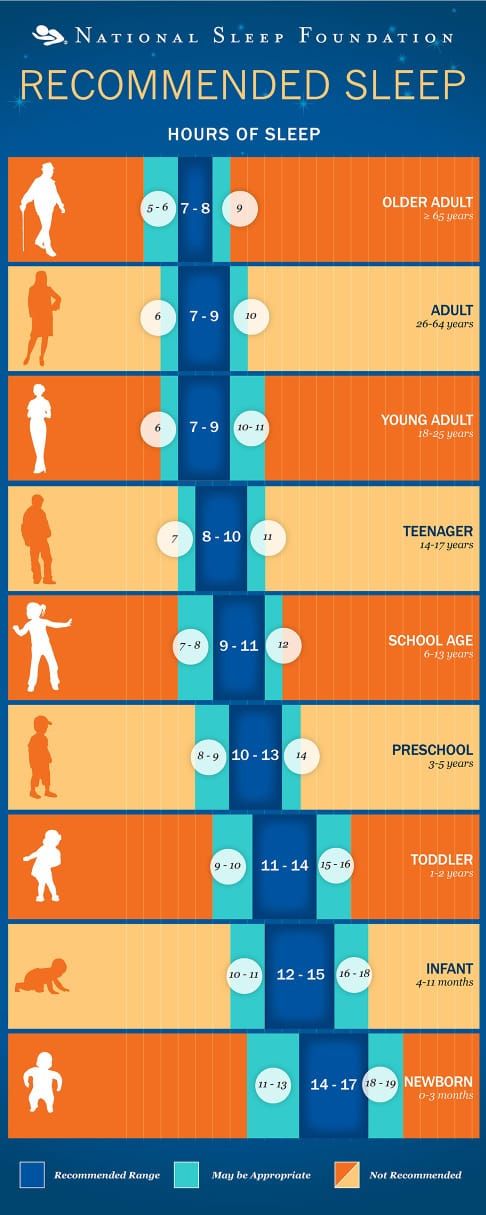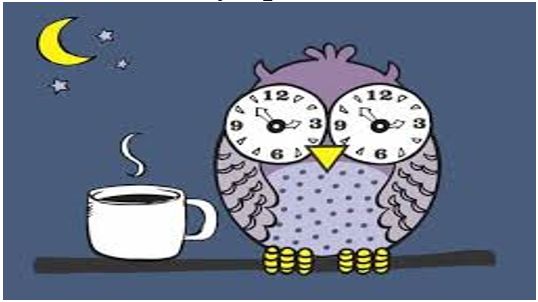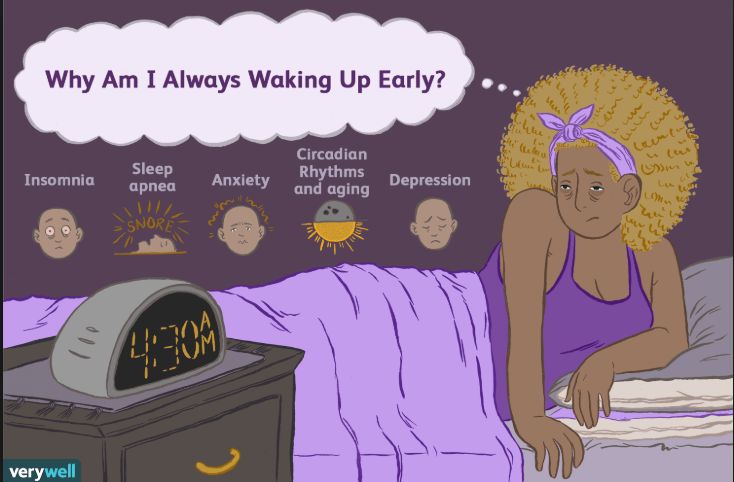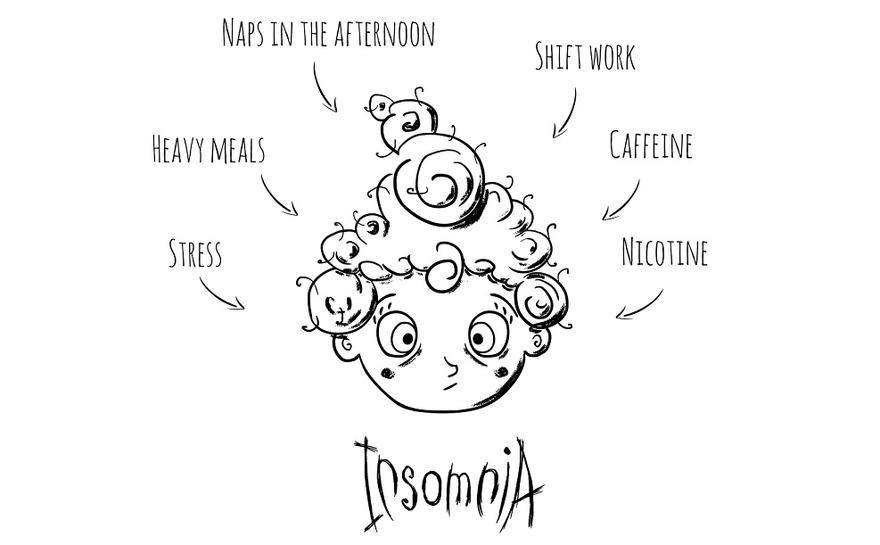Insomnia?
May 09, 2019 • 83 views
Not all the peoples know about “INSOMNIA”. It is a sleeping related disorder. A person’s sleep limit depends upon their age, but a normal adult need at least 7-8 hours’ sleep at night. Insomnia is very common disease, in India More than10 millioncases register per year. If you can't sleep, you may be wondering if you have insomnia. Let’s know more about insomnia.

Insomnia patients have trouble sleeping at night. Which is mostly found in students or young youth. In better ways, insomnia is difficulty falling asleep or staying asleep, even when a person has the chance to do so. People with insomnia can feel dissatisfied with their sleep and usually experience fatigue, low energy, difficulty concentrating, mood disturbances, depression, headache, and decreased performance in work or at school or college.

What are the Symptoms?

Insomnia symptoms may include:
·Difficulty falling asleep at night
·Waking up during the night
·Waking up too early

·Not feeling well-rested after a night's sleep
·Daytime tiredness or sleepiness
·Irritability, depression or anxiety
·Difficulty paying attention, focusing on tasks or remembering
·Ongoing worries about sleep

What Causes Insomnia?

·Stress: - Actual concern about anything related to you, your family or your loved once can keep your mind active at night, making it difficult to sleep. Stressful life events or trauma — such as the death or illness of a loved one, divorce, breakups, or a job loss — also may lead to insomnia.
·Poor sleep habits: - an irregular bedtime schedule, naps, an uncomfortable sleep environment, and using your bed for work, eating or watching TV. Computers, TVs, video games, smartphones or other screens just before bed can interfere with your sleep cycle.
·Caffeine, nicotine and alcohol: - Coffee, tea, cola and other caffeinated drinks are stimulants. Drinking them in the late afternoon or evening can keep you from falling asleep at night. Nicotine in tobacco products is another stimulant that can interfere with sleep. Alcohol may help you fall asleep, but it prevents deeper stages of sleep and often causes awakening in the middle of the night.
·Changes in health: - back problems as well as depression or anxiety can interfere with sleep.
·Changes in activity: -You may be less physically or socially active. A lack of activity can interfere with a good night's sleep.
Preventions: -

In Insomnia Treatment can help, but this condition can't be cured. So you have to be more careful and you should change your lifestyle.
·Improved sleep habits: - It include having a regular bedtime schedule and avoiding naps, caffeine and TV before bedtime.
·Antidepressant: - Prevents or relieves depression and elevates mood.
·Meditation: - It is one of the most effective thing. Meditation allow your mind to relax and increase you inner ability and strength as well as power of your subconscious mind.
·Avoid alcohol or any intoxicant: - If you’re having trouble in sleeping you should definitely avoid this things.
·Try to get closer to nature: - start walking in gardens or parks where you can see more plants, tree and feel the positivity.
·Avoid large meal just before bedtimes.
This are some self-care tips which you should follow if you’re having trouble sleeping or have insomnia, also consult a good doctor.
